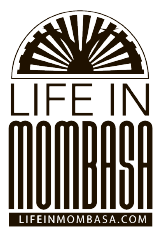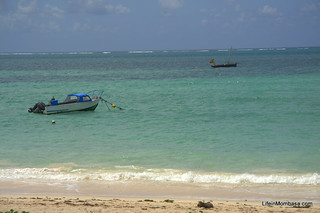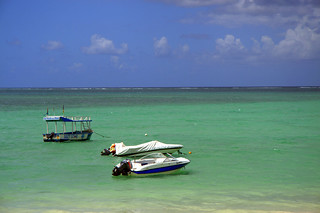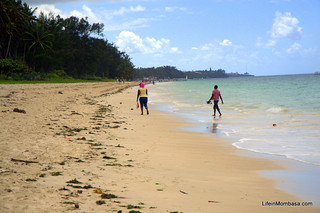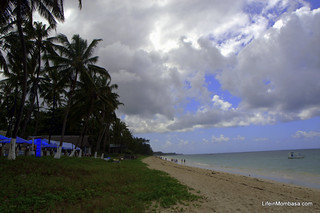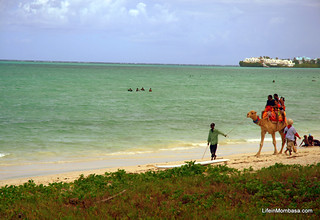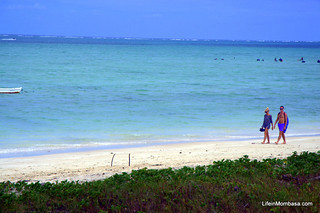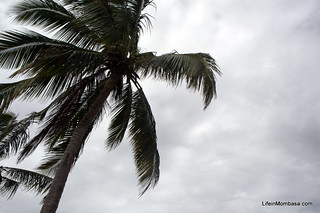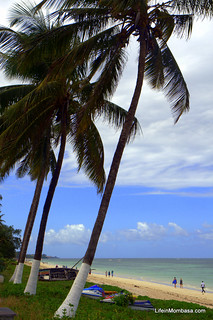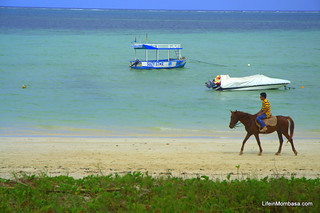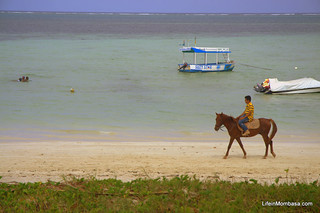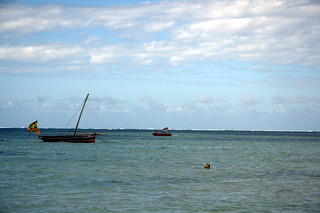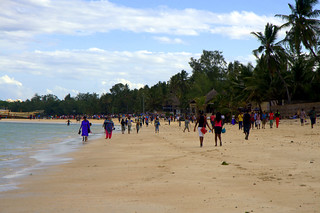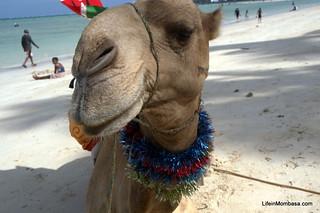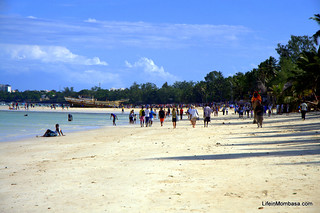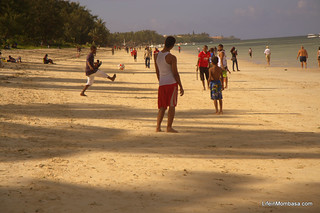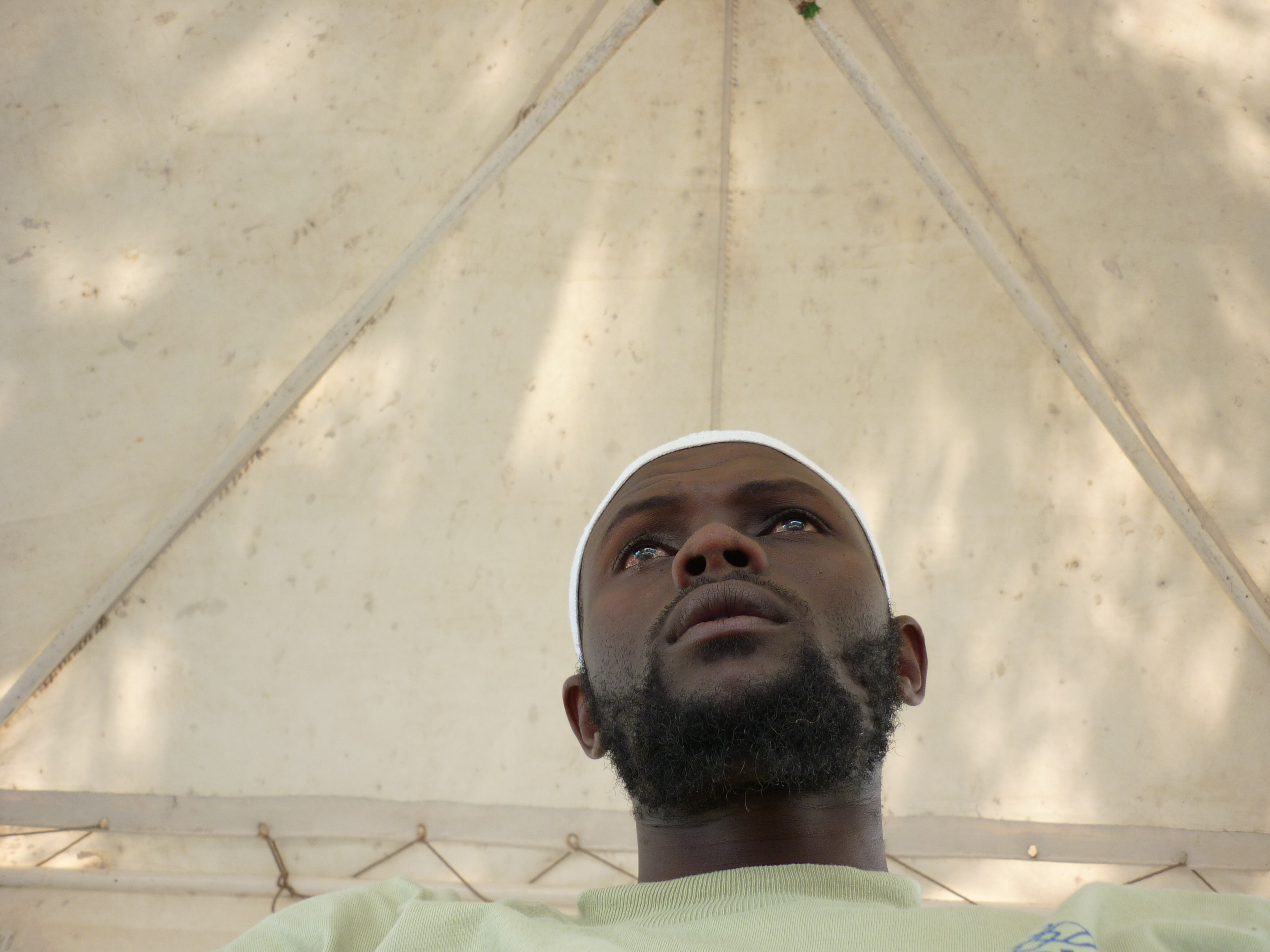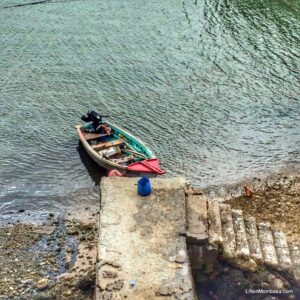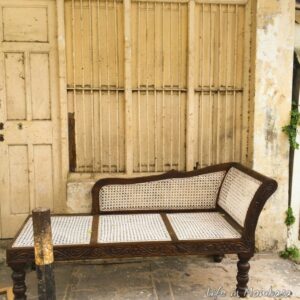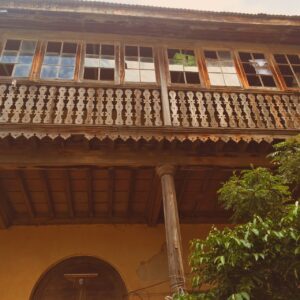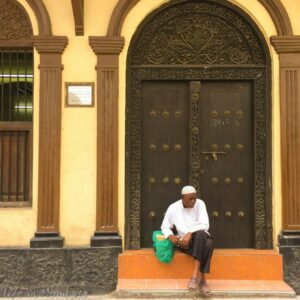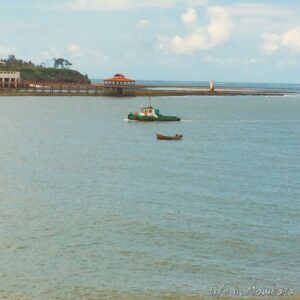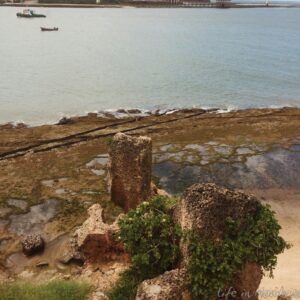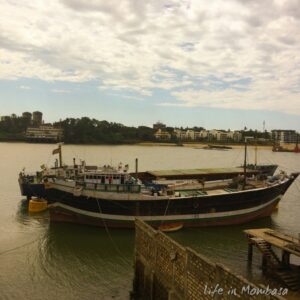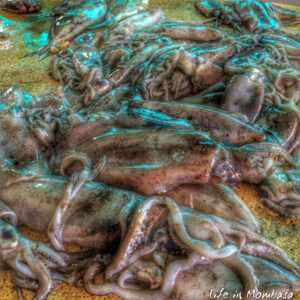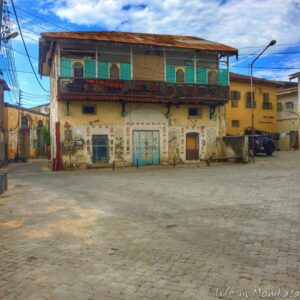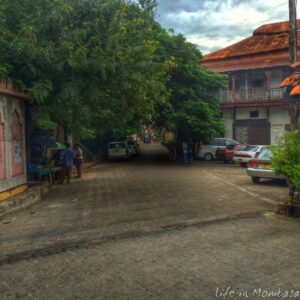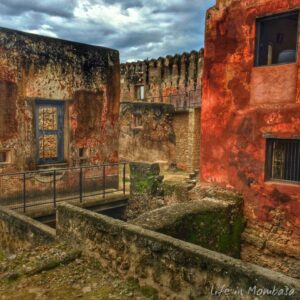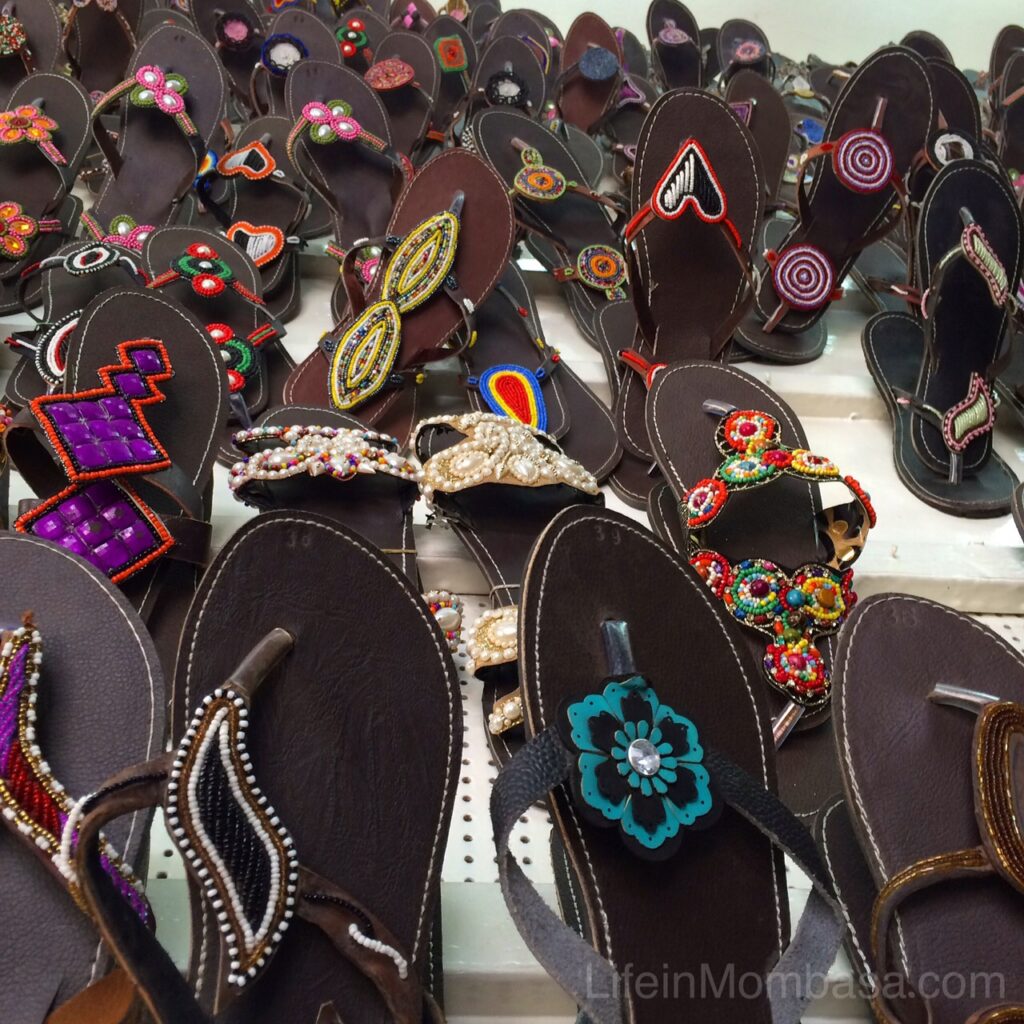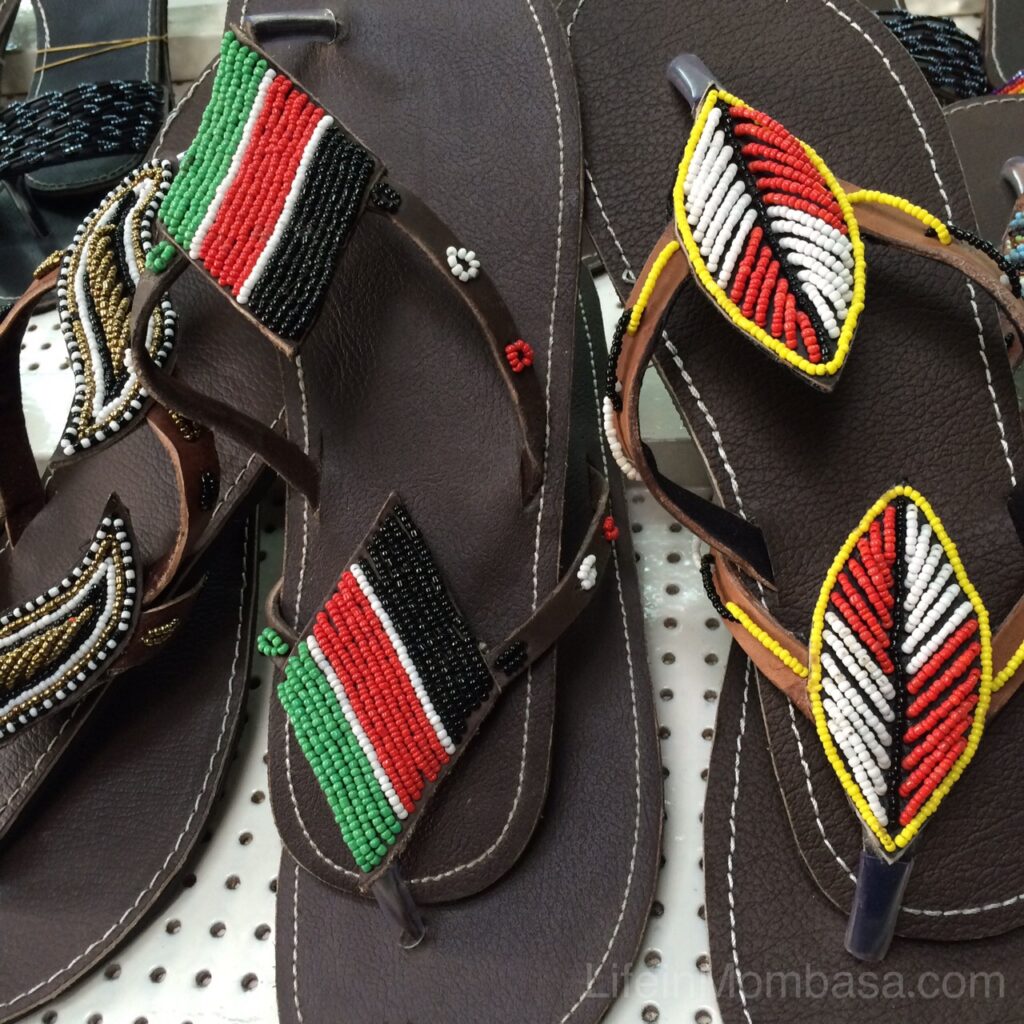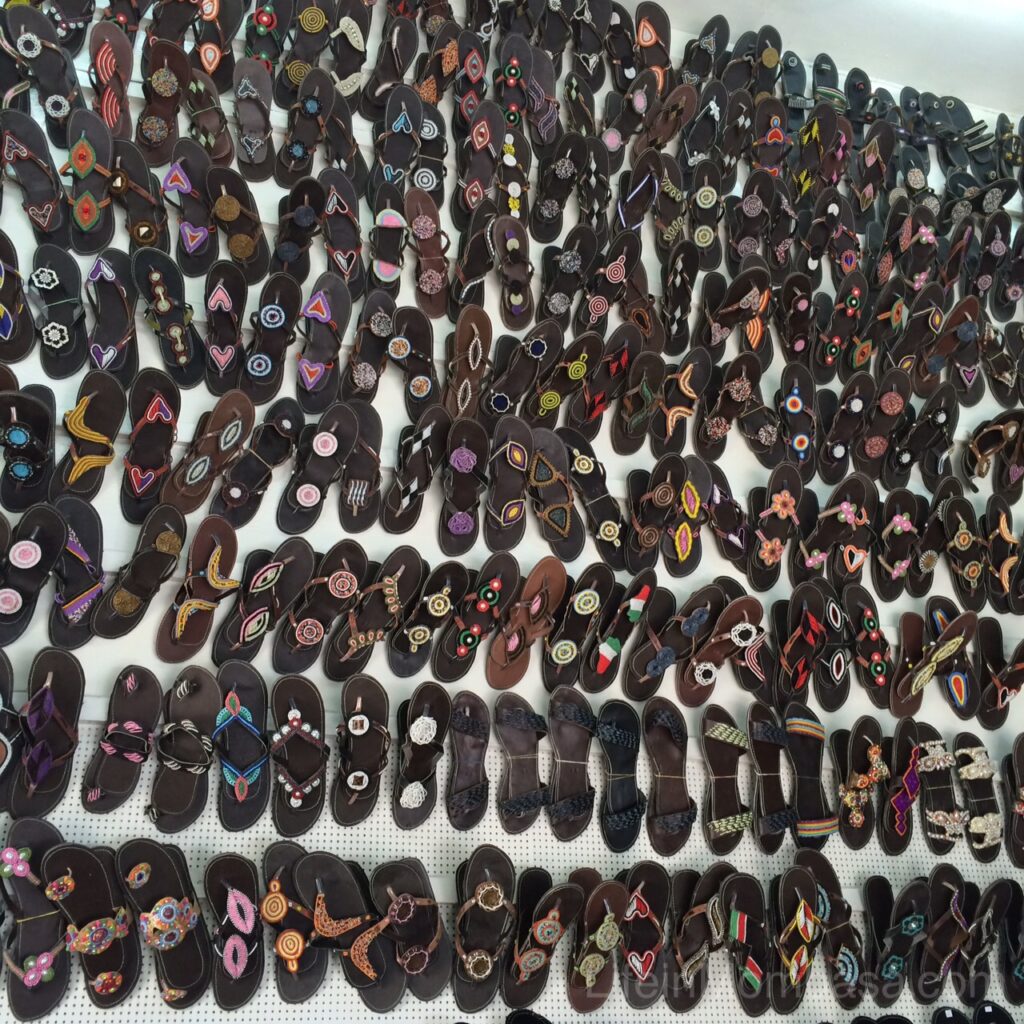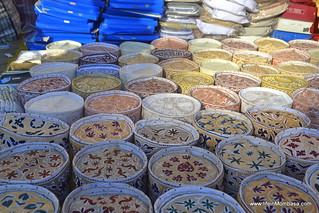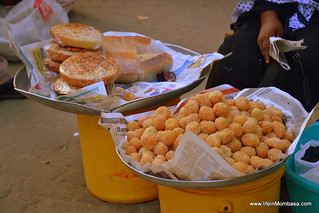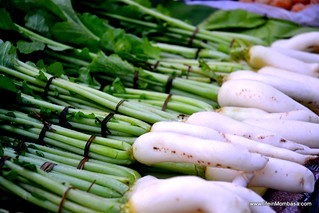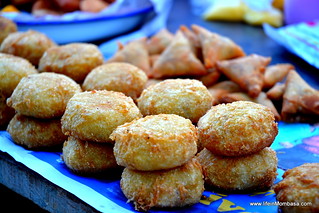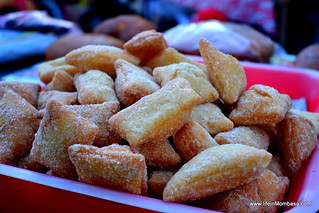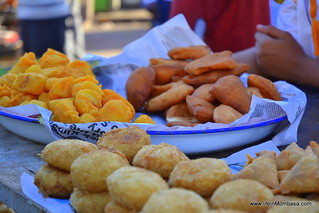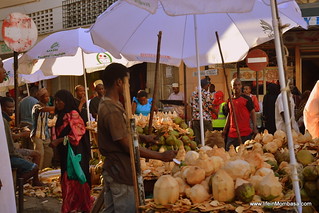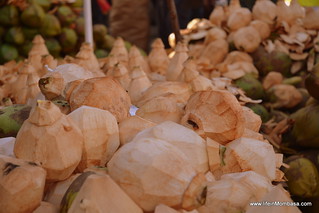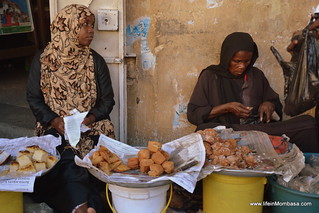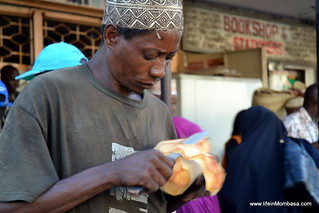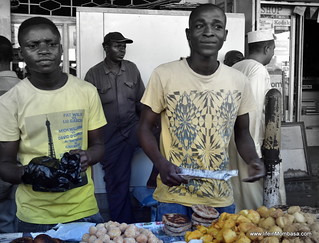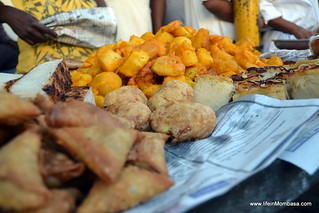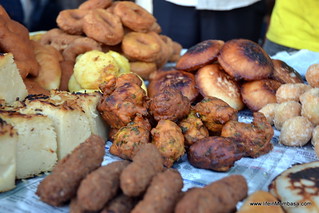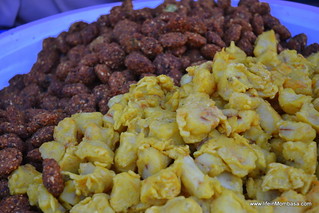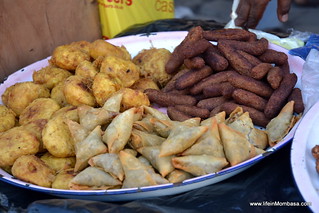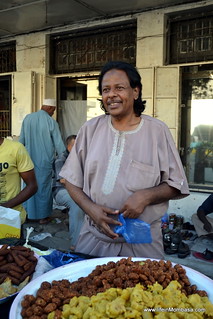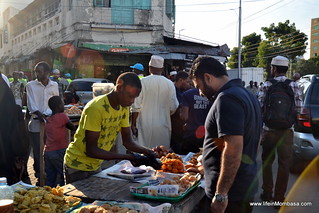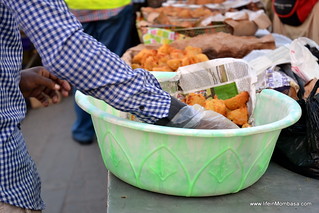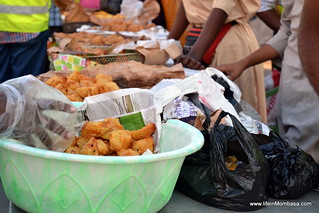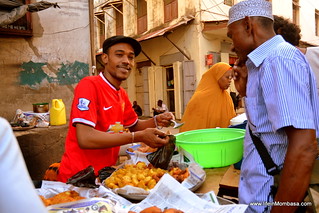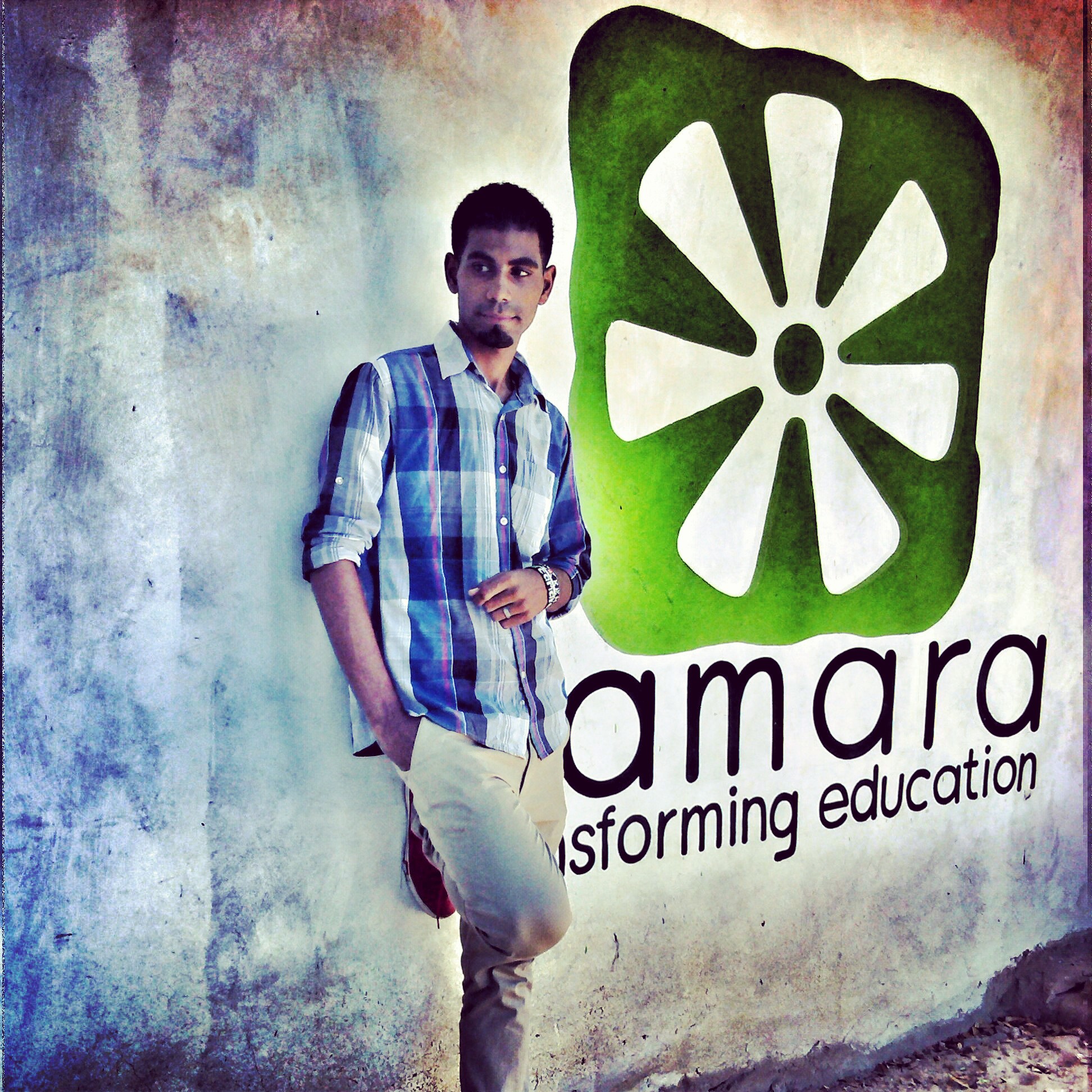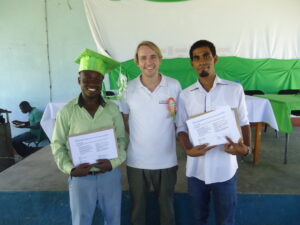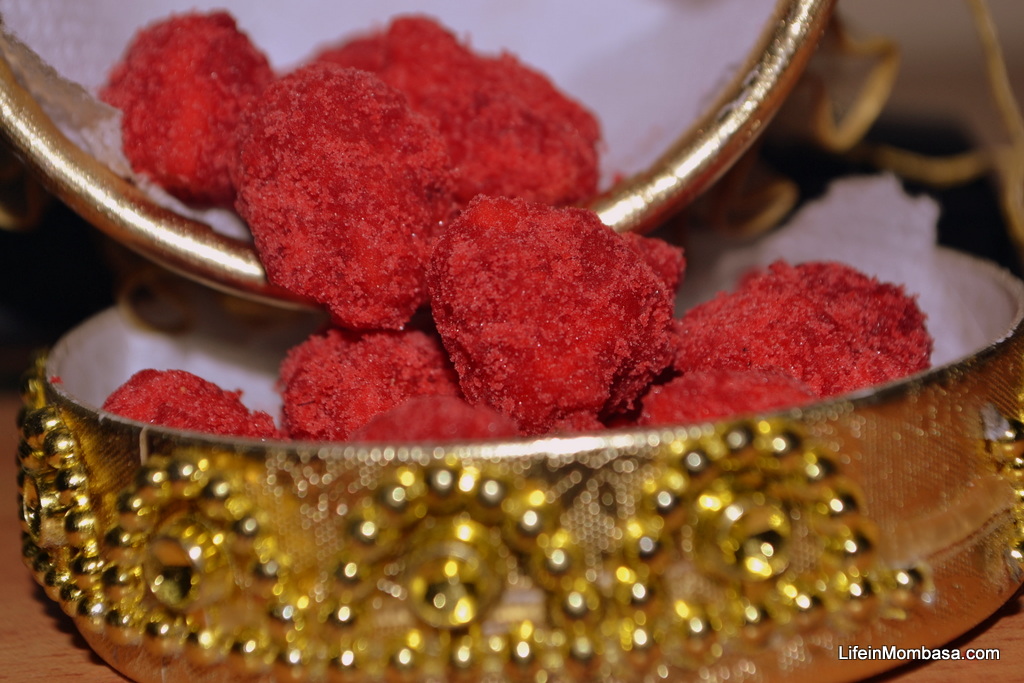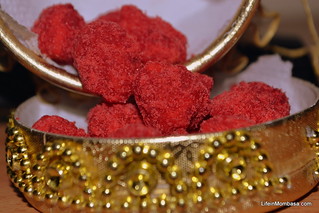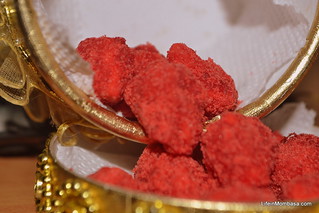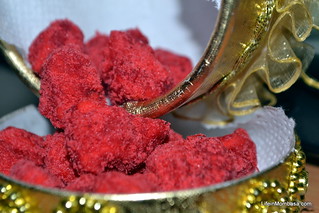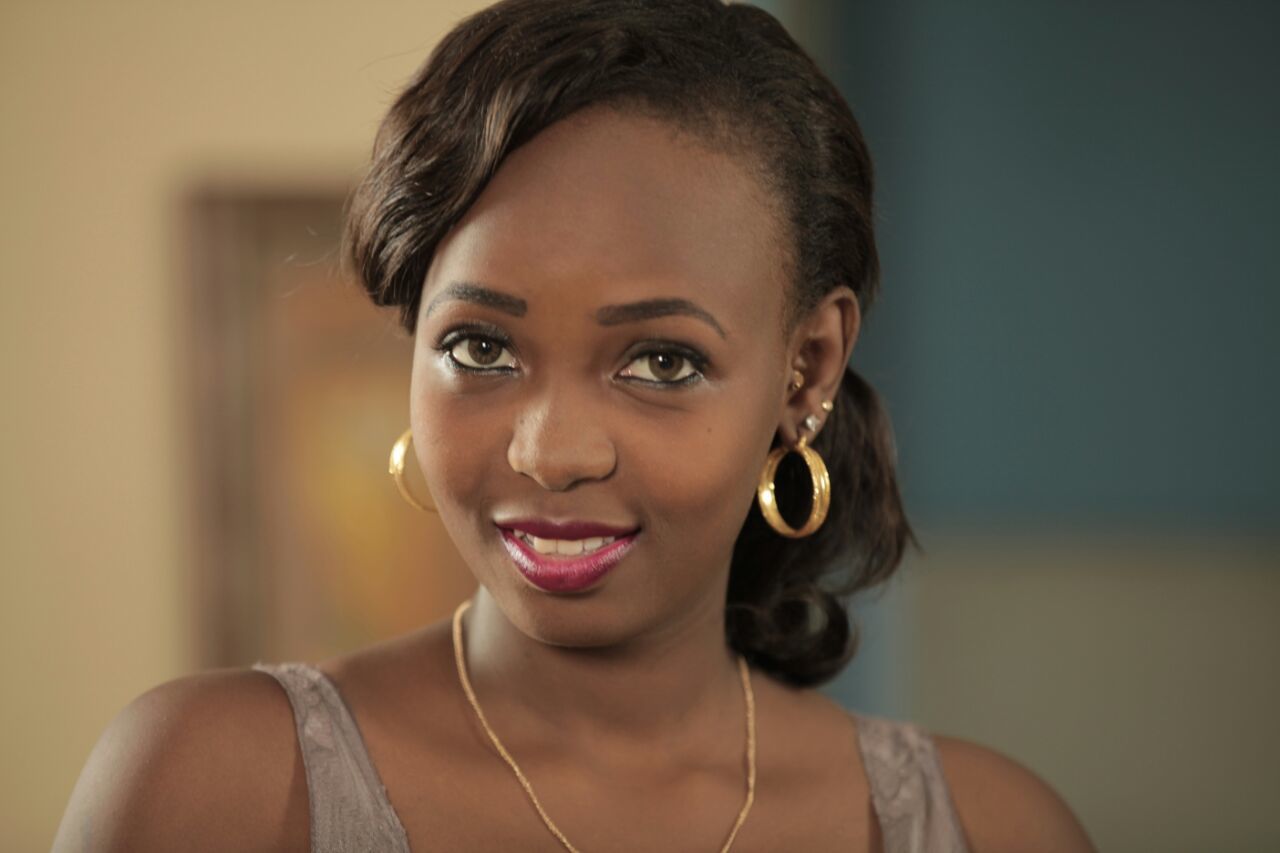
Abdulrahman blogging.
Your name and what do you do?
My name is Abdulrahman Ndegwa and I use the pen name Abu Amirah in all my blogs. I write but work as an Admin at an Islamic information centre to pay the bills! Currently am running two blogs, a weekly column right here at LIM and also part of a pioneering group of writers representing the Coast under the banner tendi.org.
Tell us more about your move to Mombasa?
I moved here in the fall of ’07 right after the elections. My move wasn’t because of the PEV violence but it was a calling of sorts because I felt Mombasa, with its distinguished Islamic signature and identity would be the right place for me since I had embraced Islam that same year. I really wanted somewhere I could start over as Abdulrahman as compared to being in Nairobi where everyone knew me as Dennis.
What made you revert to Islam?
I would say it was because I was at a critical stage in my life when I was trying to come into terms with my spirituality and purpose in life. I considered Rastafarianism because it really advocated for peace and humility but there never was a significant difference between it and the outlawed Mungiki so I shun the idea. Up to then, I had never considered Islam or even researched about it. One Saturday evening my young bro came with a piece of paper some Muslims had dished out in the bus. On it was the shahada (declaration of faith) in Arabic and Kiswahili and for some reason the phrase just ignited something in me and on Sunday morning I walked into the local Masjid and became a Muslim!
Have you faced any difficulties after accepting Islam?
Well, nothing major to write home about because my family has been very supportive and we respect each other’s religious identities. Am the only Muslim in my family and it gives me a lot of joy when am with my folks and little cousins and they are using “In Sha Allah” and “Masha Allah” and making light jokes about my beard (a note to Uncle Kenny: ndevu ishafika kifuani!). I mean, it’s a blessing to have such a wonderful family. I meet New Muslims every day in our centre and some of their stories are very moving, with some even getting chased away from home just because they embraced Islam.
The way I see it, if someone goes home and tells his family that he has joined the freemason, he stands a higher chance of getting accepted than when he becomes a Muslim. Sad but true.
Why do you write?
I write because it’s a God given talent. Because it is through writing that am able to adequately reconcile the voices in my head to put their heads together (tadaaa!) and come up with something readable and fascinating. Because it is through the written word that History is preserved for future generations.
I write because the process of coming up with characters and putting them down in a story gives me immeasurable gratification when I see them assume lives of their own which resonates with the reader’s own experiences. I write because I love to and if this was a drug then I would be a desperate junkie!
What does it mean to be a writer in Mombasa?
Being a writer in Mombasa is an immense challenge because we write from the back drop of a rich cultural history which was the impetus of our National language and needs to be preserved well. The minor challenge is writing or re-writing this history without losing its meaning and the major issue is writing to a generation and society that has a dismal reading culture. A writer in Mombasa has to compete for attention amongst people who prefer listening and watching to reading. Getting the point across such an obstacle is not easy.
What motivates you to write?
I am motivated by real life stories and a myriad of other things in nature. For a writer, anything, however vaguely mundane it may seem, is enough to motivate and inspire one to write. My wife too is a huge motivation because she is my biggest fan and critic. She reads my stories (she read ‘my ideal woman’ in my blog before I married her) and offers very beneficial input. If I was to write for her I would do every passage a thousand times over!
Any artist will tell you that the biggest motivation is having a spouse/partner who supports and appreciates what you do because talent is innate and even if everything is stripped from you, it will always remain intact and true! An artist and his trade are inseparable.
Mombasa is diverse city do you feel that tribalism present in Mombasa?
Tribalism is rampant everywhere and Mombasa is not an exception especially because we are ardent political debaters and the issue of tribe is wont to rise in our conversations.
In its diversity, Mombasa is still rising from the ashes of marginalization and the only thing that suppresses tribalism talk is the commodious ethno-lingual culture which tends to be very welcoming, and the youth of today are using it to combat this tribal vice.
Tell us something personal about you people may be surprised to know?
Haha, this is hard. Ummmm, I don’t know, I guess it is classified info, ‘for her eyes/ears only’ and I may have to literally shoot you if I tell you. (Copied from a movie I watched kitambo). But yenyewe I don’t think I have anything surprising enough to make your heart skip a beat, am simple like that!
Parting shot
My parting shot is to all artists (writers, bloggers, photographers, poets, et al) in Mombasa. We are faced with a crisis of putting across the right message to our audience. We have to work together to create credible, fascinating and entertaining content that is appropriate for all audiences and age groups.
Jamila is doing a great job uniting artists in Mombasa and we can use this to create more awareness and appreciation for our content. Let us stop this ‘art drain’ where artists from the Coast have to relocate to places like Nairobi to be appreciated. Ni hayo tu kwa sasa!
